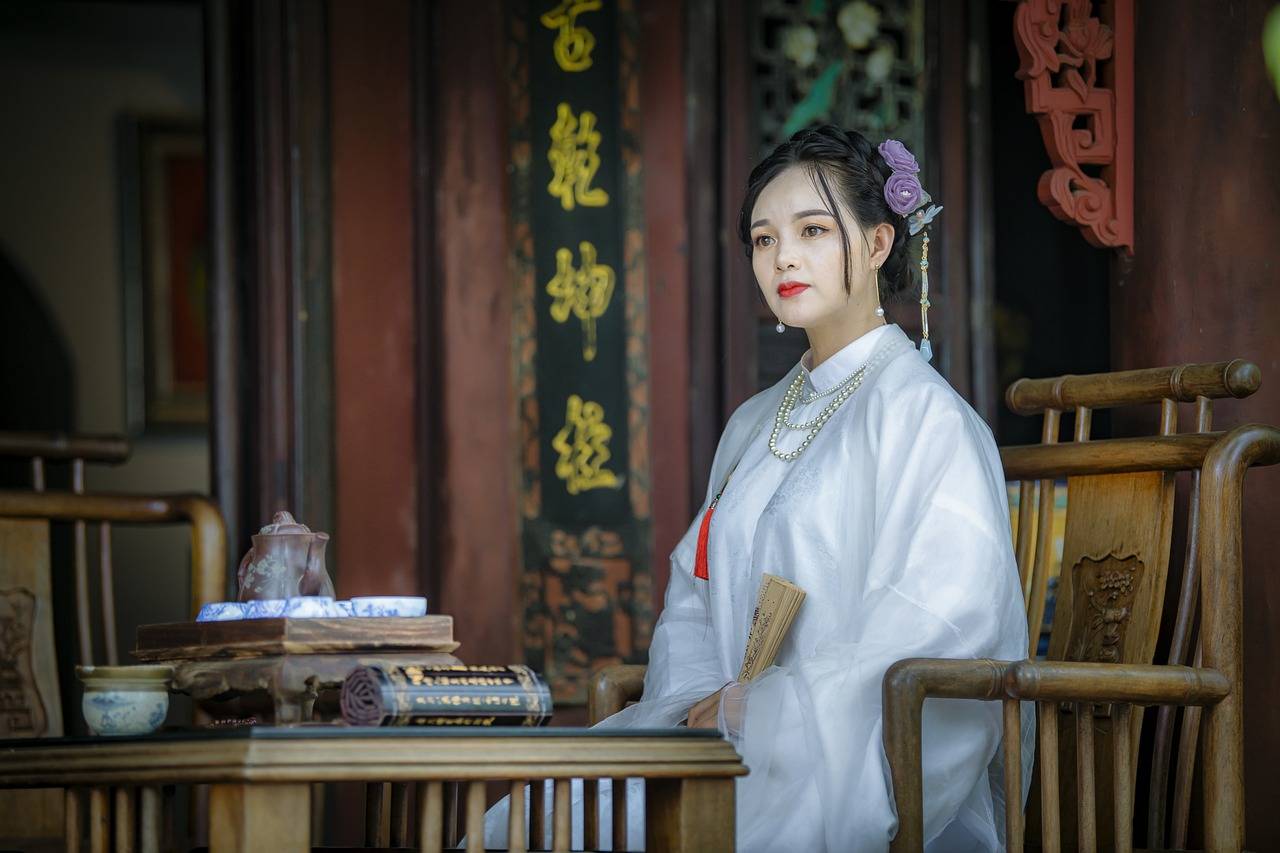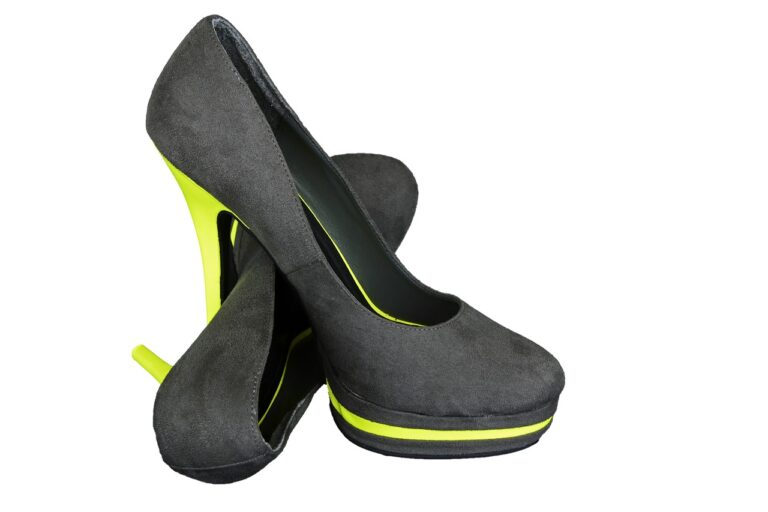Fashion and Community: Local Fashion Designers Making a Global Impact
Fashion designers play a vital role in preserving and elevating traditional techniques in the local fashion industry. By incorporating age-old craftsmanship methods into modern designs, these designers are not only paying homage to their cultural heritage but also ensuring that these techniques are passed down to future generations. Through their creations, these designers are able to showcase the beauty of traditional artistry and bring a sense of authenticity and uniqueness to their collections.
By collaborating with local artisans and craftsmen, fashion designers are able to create pieces that are not only aesthetically rich but also environmentally sustainable. This partnership not only empowers local artisans by providing them with a platform to showcase their skills but also helps in revitalizing dying crafts. Through their innovative designs, fashion designers are able to bridge the gap between tradition and modernity, creating pieces that are both timeless and trendy.
Empowering Local Artisans Through Fashion
Local fashion designers play a crucial role in empowering local artisans through their creations. By collaborating with skilled artisans, designers provide them with a platform to showcase their craftsmanship and preserve traditional techniques. Through these partnerships, artisans are able to earn a sustainable income and pass down their skills to future generations.
Fashion has the power to not only showcase cultural heritage but also provide economic opportunities for local communities. By incorporating traditional techniques into modern designs, fashion designers are able to create unique pieces that resonate with consumers. This not only helps in preserving traditional craftsmanship but also empowers artisans to continue practicing their age-old skills with pride.
Sustainable Practices in Local Fashion Design
When it comes to sustainable practices in local fashion design, the focus is on minimizing environmental impact. Designers are increasingly embracing eco-friendly materials, such as organic cotton, bamboo, and recycled fabrics, to create stylish and environmentally conscious garments. By choosing these materials over conventional ones, they are reducing water consumption, chemical usage, and waste in the fashion industry.
In addition to using sustainable materials, local fashion designers are also adopting ethical production practices. This includes ensuring fair wages and working conditions for artisans and garment workers involved in the production process. By empowering local communities through fashion, designers are not only creating beautiful pieces but also contributing to social welfare and economic growth.





